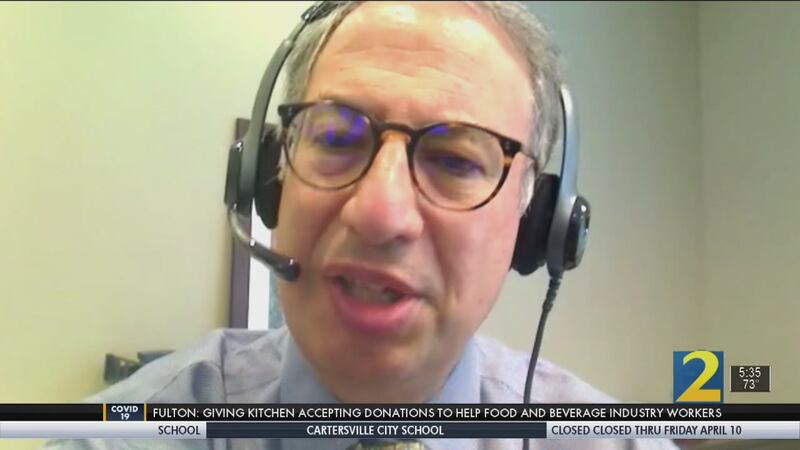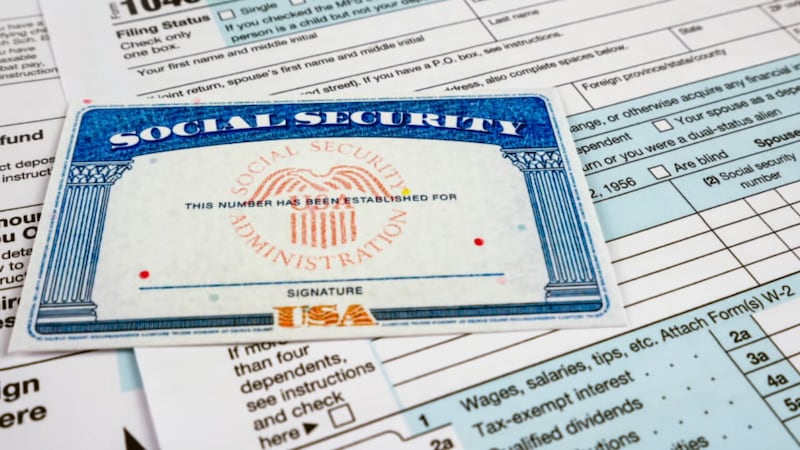ATLANTA — The race is on to find a vaccine for the coronavirus as it continues to spread at a rapid rate across the country.
Emory University is one of many agencies and universities that have joined a national trial of a vaccine that could potentially prevent the virus.
One of those trial participants spoke with Channel 2 anchor Jorge Estevez about what it means to be part of the trial and the fears that come with it.
[SPECIAL SECTION --> Latest on coronavirus in Georgia and around the world]
Sean Doyle is medical student and he told Estevez that this was something that he just needed to do.
“As a citizen, this seemed like one of the best ways to contribute to combating this virus,” Doyle said. “We really need a vaccine that is safe and effective to help prevent transmission, and ultimately contain and get rid of this virus.”
Doyle said his friends and family were worried about him participating in the trial.
RELATED HEADLINES:
- 10 patients at the same Georgia nursing home die of coronavirus
- Confirmed coronavirus cases jump 1,000+ since last night
- Tyler Perry gives out $21k in tips to out-of-work servers at Atlanta restaurant
“There was definitely concern from friends and family as with anything like this that’s new, and you don't really know how folks are going to respond when they receive it, but that said, overall everybody has been very supportive and positive about it, and they’ve sort of trusted my judgment as a medical trainee at Emory,” Doyle said.
“Did you get any side effects? What did it feel like?” Estevez asked Doyle.
“I have not had any major side effects,” Doyle said. “I’ve had a little bit of pain at the site of injection, but that only lasted for maybe a day. It was very, very mild. But overall, I’m feeling very good, and it felt just like I got a flu shot.”
Doyle then explained how the vaccine is supposed to work.
“With this vaccine, what they’re looking to test is using a small piece of genetic material from the virus. They’re putting it into our bodies so that our bodies’ own cells can make that little piece of virus. It’s not the full-length virus and it can’t infect anybody,” Doyle said. “Then they’re looking to see how our bodies can develop an immune response to combat and neutralize the virus as effectively as possible.”
The Phase I clinical trial began March 16 in Seattle. Emory has about 45 participants in the trial If it is found to be safe, future studies will examine if it can prevent infection.
© 2020 Cox Media Group





